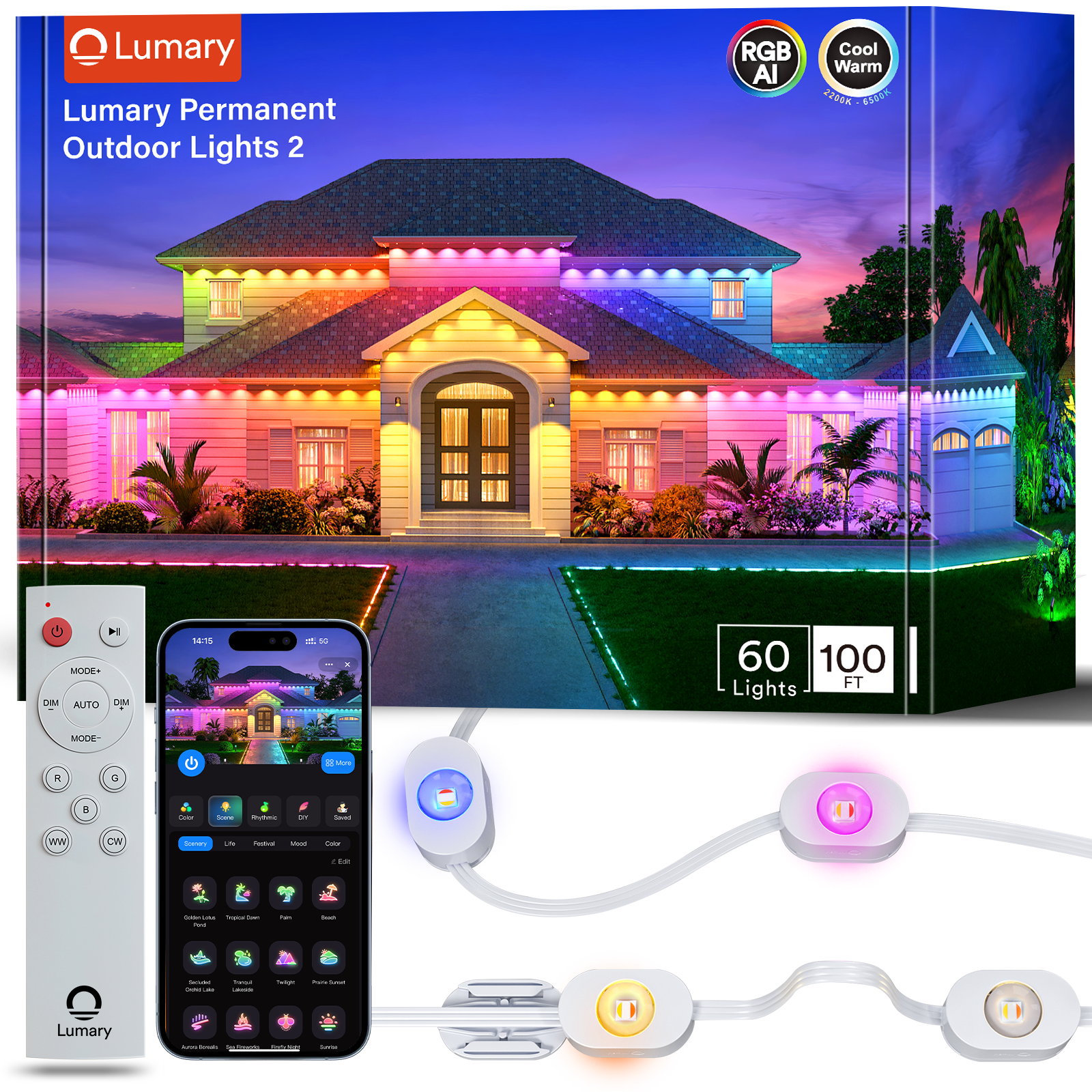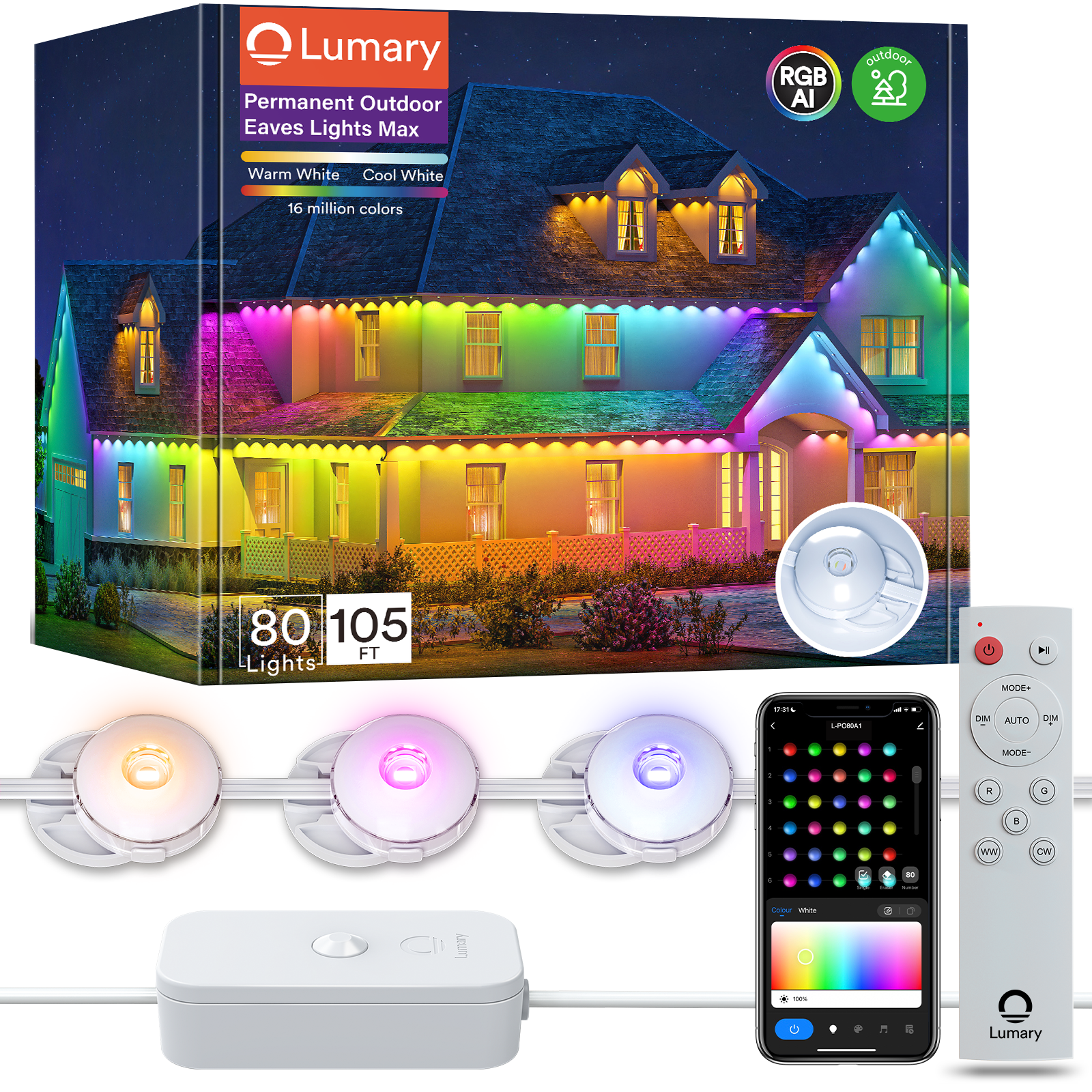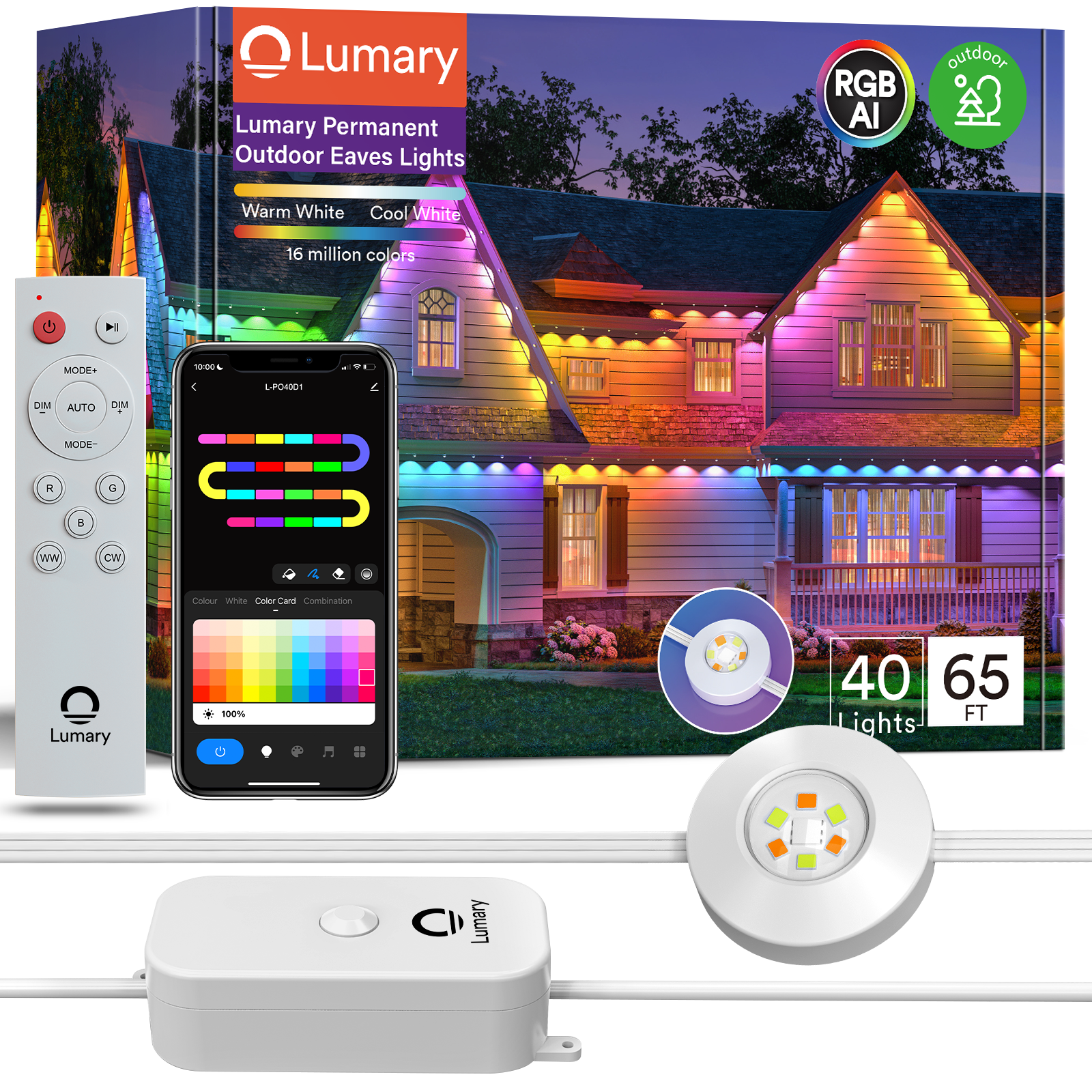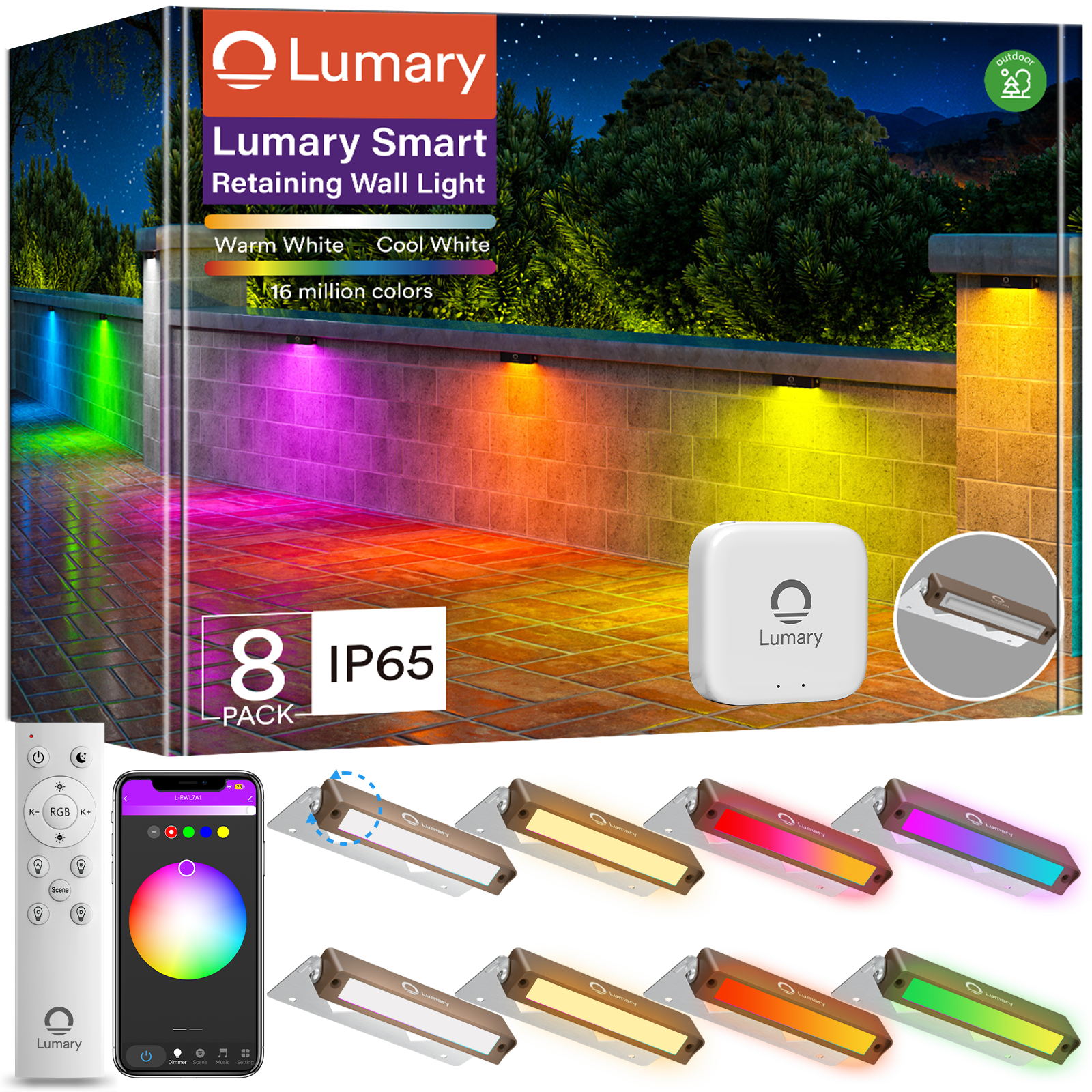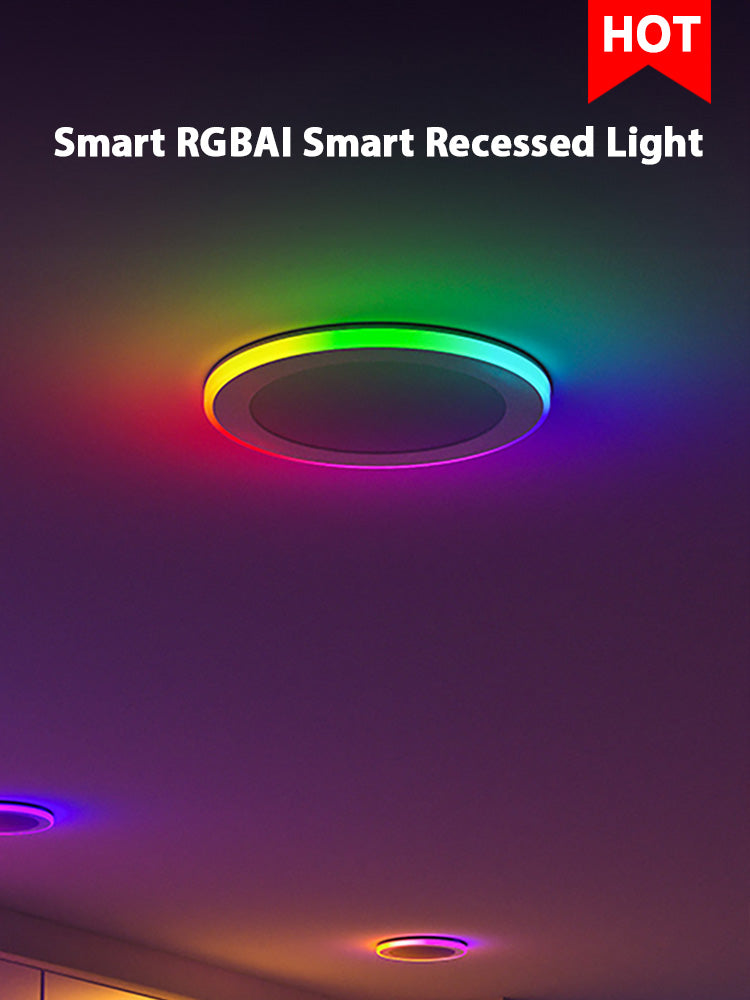The best outdoor bar top for your backyard depends on what you need most—durability, style, budget, and maintenance. Climate plays a big part in how long your outdoor kitchen surfaces last.
-
Teak wood works well in extreme weather because its natural oils block water and wind.
-
Aluminum resists rust and handles changing weather.
-
Synthetic resin stands up to UV rays, moisture, and temperature swings.
Think about how often you use your outdoor kitchen, how much time you want to spend on upkeep, and what fits your space.

Key Takeaways
-
Pick an outdoor bar top that is tough and lasts long. Make sure it can handle weather and fits your budget. Think about how it looks and if it matches your needs and climate.
-
Granite, quartzite, porcelain, and epoxy resin are good choices. They are strong and can handle weather. Each one needs different care and costs different amounts.
-
Think about how much time you want to spend cleaning. Some materials need sealing often. Others only need a little cleaning.
-
Choose a countertop style that matches your outdoor space. This will make your kitchen look nice and feel cozy for a long time.
-
Add smart lights like Lumary Smart Outdoor Neon Rope Lights. These lights make your outdoor kitchen safer and more fun to use.
Key Factors
Durability
When picking an outdoor kitchen countertop, think about how strong it is. You want a bar top that can handle spills and weather. Granite and quartzite are very strong and do not scratch easily. Stainless steel and epoxy countertops are also tough. These materials last a long time and keep looking good. If you want your bar top to last, pick one with a waterproof coating or sealant. This helps stop water and heat from causing damage.
Weather Resistance
Outdoor kitchen countertops must handle sun, rain, and temperature changes. Quartzite and granite do not get damaged by heat or cold. Epoxy countertops are waterproof and can take heat and sunlight. Stainless steel and aluminum do not rust or corrode. Wood, like teak or cedar, needs a sealant and regular care to stay safe from weather. Always check if your countertop has a waterproof coating or needs more protection for outside use.
Maintenance
If you are busy, you want a countertop that is easy to care for. Epoxy countertops do not stain and need little work. Granite and quartzite need sealing every year, but daily cleaning is simple. Stainless steel and aluminum only need wiping and sometimes a deeper clean. Wood needs more work, like sanding and adding sealant again. If you want less work, pick a countertop that does not need sealing or coating often.
Appearance
The look of your outdoor kitchen countertop is important. Granite and marble have natural beauty and special patterns. Epoxy countertops can look like stone or have bright colors. Stainless steel looks modern, and wood feels warm. Pick a material that matches your style and how you want to use your space.
Cost
Outdoor kitchen countertop prices change based on the material. Here is a table to help you compare:
|
Material |
Average Cost Range (Per Square Foot Installed) |
|---|---|
|
Porcelain |
$50 – $120 |
|
Granite |
$80 – $150 |
|
Concrete |
$50 – $150 |
|
Stainless Steel |
$80 – $200 |
|
Marble |
$40 – $150 |
|
Teak |
$100 – $200 |
|
Wood |
$18 – $38 |
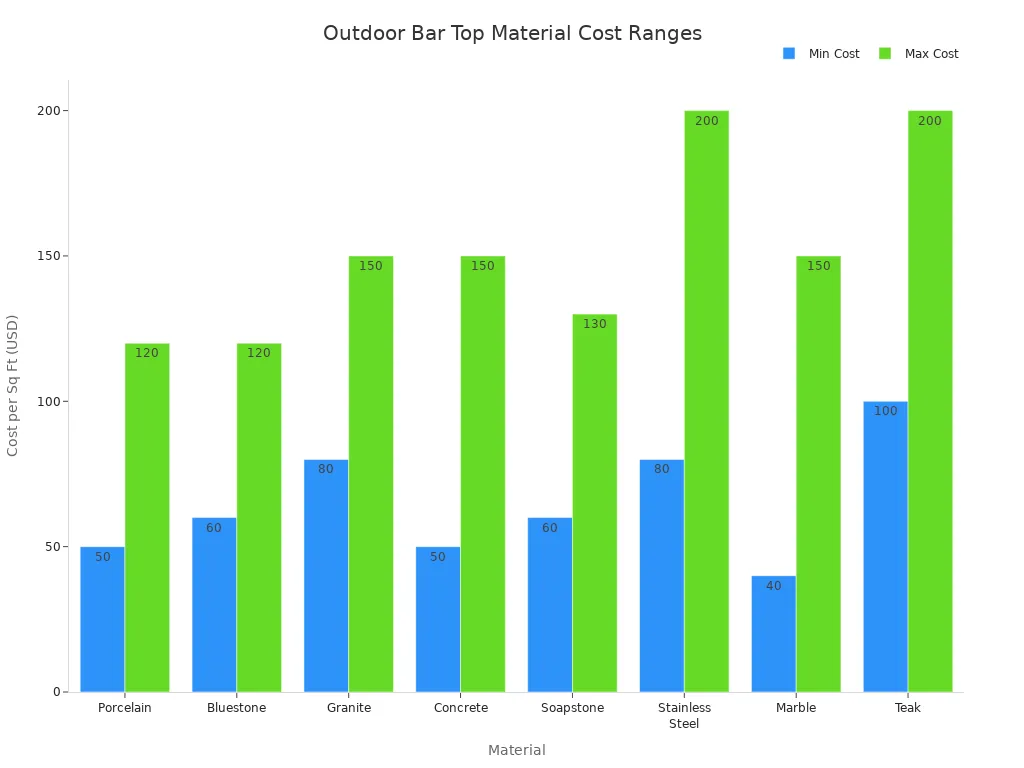
Tip: Remember to think about installation costs and if you need sealant or coating when you plan your budget.

Outdoor Bar Materials
When you pick an outdoor bar top, you want to know how each material works outside. Let’s check out the most common bar top materials for outdoor kitchen countertops. You will see how each one handles weather, heat, and daily use.
Granite
Granite is a very popular choice for outdoor kitchen countertops. It is strong and lasts a long time. Granite does not get damaged by heat, scratches, or stains. You can put hot pans on it without worry. Each piece of granite looks different, so your bar will look special.
|
Pros |
Cons |
|---|---|
|
Very strong and tough |
Needs sealing to stop stains |
|
Handles heat and sun |
Might fade after years in sunlight |
|
Simple to clean |
Costs more than some other materials |
|
Increases home value |
|
Tip: Seal your granite countertop once a year. Clean it with mild soap and water. Do not use harsh cleaners.
Best for: You want a strong, pretty outdoor bar top that can take heat and lots of use.
Quartzite
Quartzite gives you a countertop that is strong and stands up to weather. This stone does not scratch, stain, or get hurt by heat. You do not have to worry about fading or cracking, even in tough weather. Quartzite does not soak up water like marble, so it fights stains.
-
Pros:
-
Very strong and tough
-
Handles heat and sun
-
Needs little care, just seal sometimes
-
Looks fancy
-
-
Cons:
-
Needs sealing every 1-2 years
-
Costs more money
-
Note: Clean up spills fast. Seal your quartzite countertop to keep stains away.
Best for: You want a tough, nice-looking outdoor kitchen countertop that stays pretty in any weather.
Marble
Marble gives your outdoor bar top a classic, fancy look. It feels smooth and cool, with special lines in the stone. Marble is softer than granite or quartzite, so it scratches and stains more easily. Heat can hurt marble, so use pads for hot things.
-
Pros:
-
Fancy, classic look
-
Cool surface for drinks
-
Makes your outdoor kitchen look rich
-
-
Cons:
-
Gets stained and scratched easily
-
Needs sealing and careful cleaning often
-
Heat can damage it
-
Maintenance tips:
Wipe up spills right away.
Use coasters and pads.
Seal every 6-12 months.
Clean with soft cloths and gentle cleaners.
Best for: You want a fancy look and do not mind doing regular care.
Concrete
Concrete is a flexible choice for outdoor kitchen countertops. You can pick the shape, color, and finish you want. Concrete is strong and does not get hurt by heat. It can hold heavy things and works well outside.
|
Advantages |
Disadvantages |
|---|---|
|
Strong and tough |
Needs sealing often |
|
You can make it look how you want |
Can crack over time |
|
Handles heat well |
Takes time to install |
|
Easy to fix |
Custom designs cost more |
Tip: Seal your concrete countertop to stop stains. Sand or fix small damage when needed.
Best for: You want a cool, modern outdoor bar top that you can make your own.
Stainless Steel
Stainless steel gives your outdoor bar a shiny, modern look. It can take a lot of heat and does not get hurt by water. Stainless steel countertops do not soak up anything, so they are easy to clean. You do not need to add a coating or sealant.
|
Pros |
Cons |
|---|---|
|
Great with heat |
Shows fingerprints and scratches |
|
Does not get hurt by water |
Can dent if hit hard |
|
Easy to clean |
May feel cold or too plain |
Note: Wipe your stainless steel countertop often to keep it shiny. Use grade 316 for best rust protection outside.
Best for: You want a clean, easy-care outdoor kitchen countertop with a modern look.
Cedar Wood
Cedar wood makes your outdoor bar feel warm and cozy. It looks natural, but wood needs more care than stone or metal. Cedar fights bugs and rot better than other woods, but you must protect it from water and sun.
-
Pros:
-
Looks warm and natural
-
Light and easy to use
-
Smells nice
-
-
Cons:
-
Needs sealing and cleaning often
-
Can swell or crack if wet
-
Heat can hurt it
-
Maintenance tips:
Add stains or oils every two years.
Use covers and good drainage.
Clean often and move things so wood can dry.
Use screws that do not rust.
Best for: You want a warm, friendly outdoor bar top and do not mind caring for it.
Epoxy Resin
Epoxy resin finish is a top pick for outdoor kitchen countertops. It gives a clear, shiny surface that makes any base look better. Epoxy is very strong, waterproof, and tough. You can pick colors and patterns you like.
-
Epoxy benefits:
-
Sticks well and is very strong
-
Waterproof and keeps out water
-
Easy to clean and care for
-
Does not scratch or break easily
-
You can make it look how you want
-
-
Drawbacks:
-
Sun can hurt it unless you use special epoxy
-
If damaged, you must sand and coat again
-
Tip: Pick good bar top epoxy with sun blockers for outside. Clean with mild soap. Do not use harsh cleaners.
Best for: You want a strong, easy-care outdoor bar top that looks special.
Porcelain
Porcelain is a new choice for outdoor kitchen countertops. It is thick and does not soak up water, stains, or chemicals. Porcelain does not need sealing and stays cool in the sun. It does not slip and is simple to clean.
-
Pros:
-
Very strong and stands up to weather
-
No sealing needed
-
Fights stains and chemicals
-
Easy to put in and clean
-
-
Cons:
-
Can cost more than some other materials
-
Not as many colors as natural stone
-
Note: Clean your porcelain countertop with water or a gentle wash. It needs very little care.
Best for: You want an easy, long-lasting outdoor bar top.
Sintered Stone
Sintered stone is a new, high-tech material for outdoor kitchen countertops. Makers press natural minerals together with heat and pressure to make a thick, strong slab. Sintered stone does not scratch, stain, or get hurt by heat, frost, or sun.
|
Feature |
Benefit |
|---|---|
|
Strong |
Handles lots of use and weather |
|
Heat safe |
Can take hot pans and sun |
|
Sun safe |
Does not fade or change color |
|
Stain safe |
Does not soak up stains |
|
Easy care |
Needs no sealing or special care |
|
Safe |
Has no silica and can be recycled |
Tip: Sintered stone needs no special care. Just wipe it clean and enjoy how it looks.
Best for: You want a top-quality, easy-care outdoor bar top that is very strong.
Picking the right outdoor bar top means thinking about strength, heat safety, care, and style. Look at these common bar top materials to find the best one for your outdoor kitchen countertop.

Countertop Comparison Table
Picking the best countertop for your outdoor bar can be hard. You want it to last outside, look nice, and not cost too much. This table shows how each countertop material works in important ways. You can also see how epoxy and resin are different from stone and metal.
Durability
|
Material |
Heat Resistance |
Moisture Resistance |
Pressure Resistance |
Maintenance Needs |
|---|---|---|---|---|
|
Granite |
Excellent |
Strong (sealed) |
Very hard |
Annual sealing |
|
Quartzite |
Excellent |
Excellent |
Outstanding |
Periodic sealing |
|
Marble |
Good |
Poor (porous) |
Softer |
Frequent sealing |
|
Concrete |
Good |
Needs sealing |
Durable |
Regular resealing |
|
Stainless Steel |
Great |
Great |
Good |
Easy cleaning |
|
Cedar Wood |
Fair |
Needs sealing |
Soft |
Regular oiling |
|
Epoxy Resin |
Excellent |
Waterproof |
Very strong |
Easy cleaning |
|
Porcelain |
Excellent |
Excellent |
Very strong |
Minimal care |
|
Sintered Stone |
Excellent |
Excellent |
Very strong |
Minimal care |
Tip: Epoxy resin countertops are very tough. They do not let water in and can take heat. They do not scratch or stain easily.
Weather Resistance
-
Granite and quartzite do well in sun, rain, and cold. They last a long time outside.
-
Concrete stays cool but needs sealing to keep water out.
-
Stainless steel does well in wet weather but gets hot in the sun.
-
Epoxy resin keeps out water and blocks UV rays. It is great for outside.
-
Porcelain and sintered stone can handle any weather and need little care.
Maintenance
You want a countertop that is easy to take care of. Epoxy resin only needs soap and water to clean. Granite and quartzite need sealing every year or two. Concrete needs sealing often. Stainless steel needs wiping to stay shiny. Cedar wood needs oil and sealing. Porcelain and sintered stone need almost no care.
Appearance
Granite and quartzite make your bar look fancy and natural. Epoxy resin lets you pick bright colors or stone looks. Stainless steel looks modern and smooth. Cedar wood makes things feel warm. Porcelain and sintered stone look clean and stylish.
-
Natural stone has special patterns.
-
Epoxy resin can look like marble or have bright colors.
-
Mixing materials gives your space a custom look.
Cost
Natural stone costs more but lasts longer outside. Epoxy resin and porcelain cost less to put in and keep up. Here is a chart to help you compare:
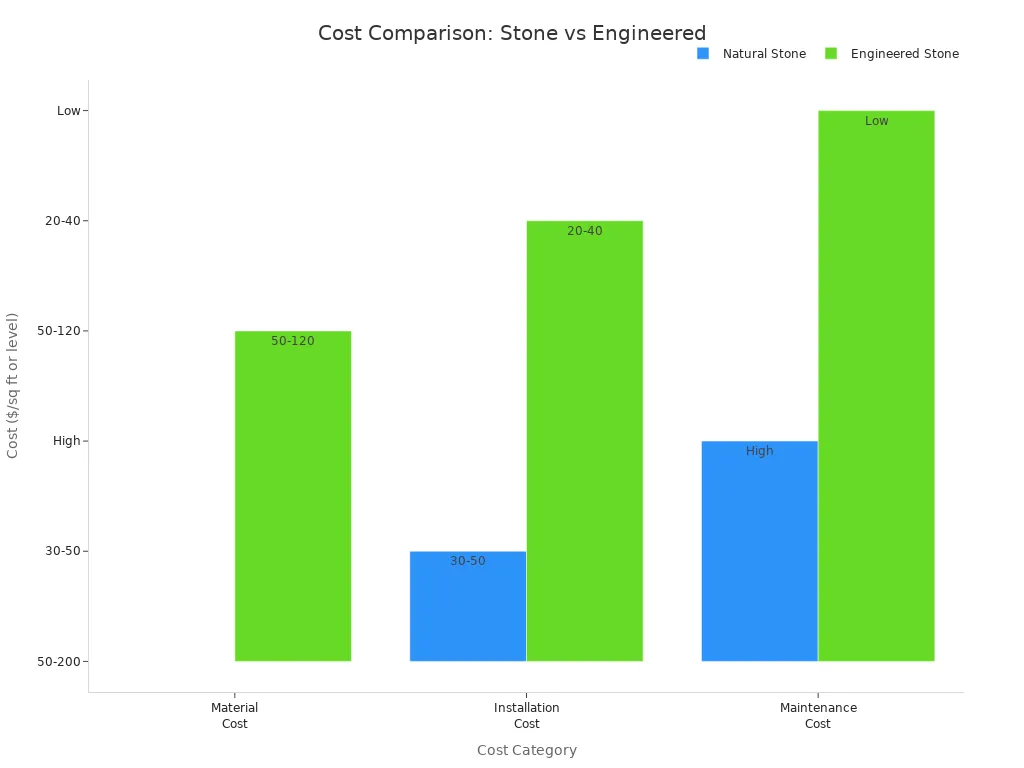
Note: Epoxy resin countertops are strong and look good. They cost less than most natural stone countertops.
Choosing Material
Assess Needs
Think about how you will use your outdoor bar. Follow these steps to help you pick the best bar top:
-
Decide how tall you want your countertop. Choose bar-height or counter-height for comfort.
-
Measure your outdoor space. Make sure there are at least three feet around the countertop. This gives people room to move and sit.
-
Write down what is most important to you. Think about durability, maintenance, looks, comfort, weight, and price. This helps you choose the right outdoor kitchen countertop.
Tip: The right size makes your outdoor bar more comfy and useful.
Match Style
Your outdoor kitchen countertop should look nice with your backyard. Match it with your patio, pool deck, or garden. If you have stone pavers, pick stone for your countertop. For a modern style, use polished granite or stainless steel. Concrete and epoxy are good for new styles. Pick seating and barstools that fit your outdoor space. Granite, concrete, and quartzite look good and are strong. These materials keep your outdoor bar looking nice for a long time.
Budget
Make a budget before you choose a countertop. Put your outdoor bar close to your house to save money on utilities. Pick materials that look good and last long. Granite and soapstone last many years and do not stain easily. Concrete lets you pick colors and shapes but needs a pro to install. Do not pick marble if you want less work. Choose middle-priced colors to save money and keep your countertop cool.
Maintenance Level
Think about how much time you want to spend cleaning your outdoor kitchen countertop. Some materials, like stainless steel and powder-coated aluminum, are easy to care for. You only need to wash them sometimes. Wood needs cleaning and sealing often. Epoxy countertops are simple to clean and do not stain. Synthetic resin needs little care and does not fade. Pick a countertop that matches how much work you want to do.
Decision Checklist
|
Decision Checklist Item |
Considerations & Examples |
|---|---|
|
Durability & Weather Resistance |
Pick materials that handle rain, sun, and snow. Cedar does not rot. Natural stone does not crack easily. |
|
Maintenance |
Stainless steel is easy to clean. Wood and stone need sealing to stop stains. |
|
Style & Aesthetic Appeal |
Cedar feels warm. Steel looks modern. Natural stone adds luxury. Mix materials for balance. |
|
Practicality |
Pick countertops that do not warp or stain. Steel is strong and does not stain. |
|
Longevity |
Seal wood or stone often. Protect metal from rust to make it last longer. |
Remember: The best outdoor kitchen countertop should be strong, stylish, and easy to care for. Mix materials if you want both function and beauty.
Outdoor Kitchen Countertop Lighting
Lumary Smart Outdoor Neon Rope Lights
Lighting can change the way your outdoor kitchen feels and works. Lumary Smart Outdoor Neon Rope Lights give you a simple way to add both style and function to your kitchen countertop. These lights have an IP65 waterproof rating, so you can use them outside without worry. You can bend and shape the lights to fit any kitchen layout, even around corners or curves. The flexible design lets you highlight your kitchen bar top, shelves, or prep areas.
You control the lights with an app or your voice. You can pick from many colors and lighting effects. This means you can match the lights to your kitchen’s mood or the event you are hosting. The lights use energy-efficient LEDs, so you save power while keeping your kitchen bright. You do not need a professional to install them. The kit comes with everything you need, making setup quick and easy.
Tip: Use Lumary Smart Outdoor Neon Rope Lights to outline your kitchen bar or add a soft glow under cabinets. This makes your kitchen look modern and inviting.
Lighting Benefits
Smart lighting brings many benefits to your outdoor kitchen. Here are some ways it helps:
-
You make your kitchen safer by lighting up walkways and bar edges. This reduces tripping risks at night.
-
You can adjust the brightness and color to fit any event, from a quiet dinner to a lively party.
-
App control lets you turn lights on or off, change colors, and set scenes from anywhere.
-
Energy-efficient LEDs lower your power bills and last a long time.
-
Motion-sensor features can improve security by lighting up when someone approaches your kitchen area.
-
Layered lighting, like rope lights and pendant lights, adds depth and makes your kitchen more welcoming.
Smart lighting does more than just look good. It helps you enjoy your kitchen at night, keeps your guests safe, and lets you set the perfect mood for any gathering.
Choosing the right outdoor bar top helps you enjoy your backyard more. You need a material that matches your lifestyle, climate, and budget. Use the comparison table and checklist to make a smart choice.
-
Pick a countertop that fits your needs.
-
Think about how much care you want to give.
-
Match your style and space.
Start planning your outdoor bar today. Add smart lighting like Lumary Smart Outdoor Neon Rope Lights to create a fun and safe space for family and friends.
FAQ
What is the best material for outdoor bar tops in rainy climates?
Granite, quartzite, and porcelain work well in wet weather. These materials resist water and stains. You can seal granite and quartzite for extra protection. Porcelain does not need sealing.
How often should you seal your outdoor countertop?
You should seal granite, quartzite, and marble every 6 to 12 months. Concrete needs sealing once a year. Porcelain, stainless steel, and epoxy resin do not need sealing.
Can you install Lumary Smart Outdoor Neon Rope Lights yourself?
Yes, you can install Lumary Smart Outdoor Neon Rope Lights without a professional. The kit includes ground sticks, mounting clips, screws, and anchors. You follow the instructions and shape the lights as you like.
Which outdoor bar top needs the least maintenance?
Porcelain, sintered stone, and epoxy resin need very little care. You clean these surfaces with soap and water. You do not need to seal or oil them.
Do outdoor bar tops get hot in the sun?
Some materials, like stainless steel and dark granite, get hot in direct sunlight. You can choose lighter colors or add shade to keep surfaces cooler. Porcelain and sintered stone stay cooler than metal.


